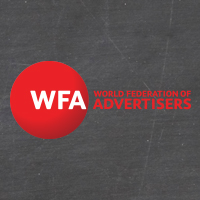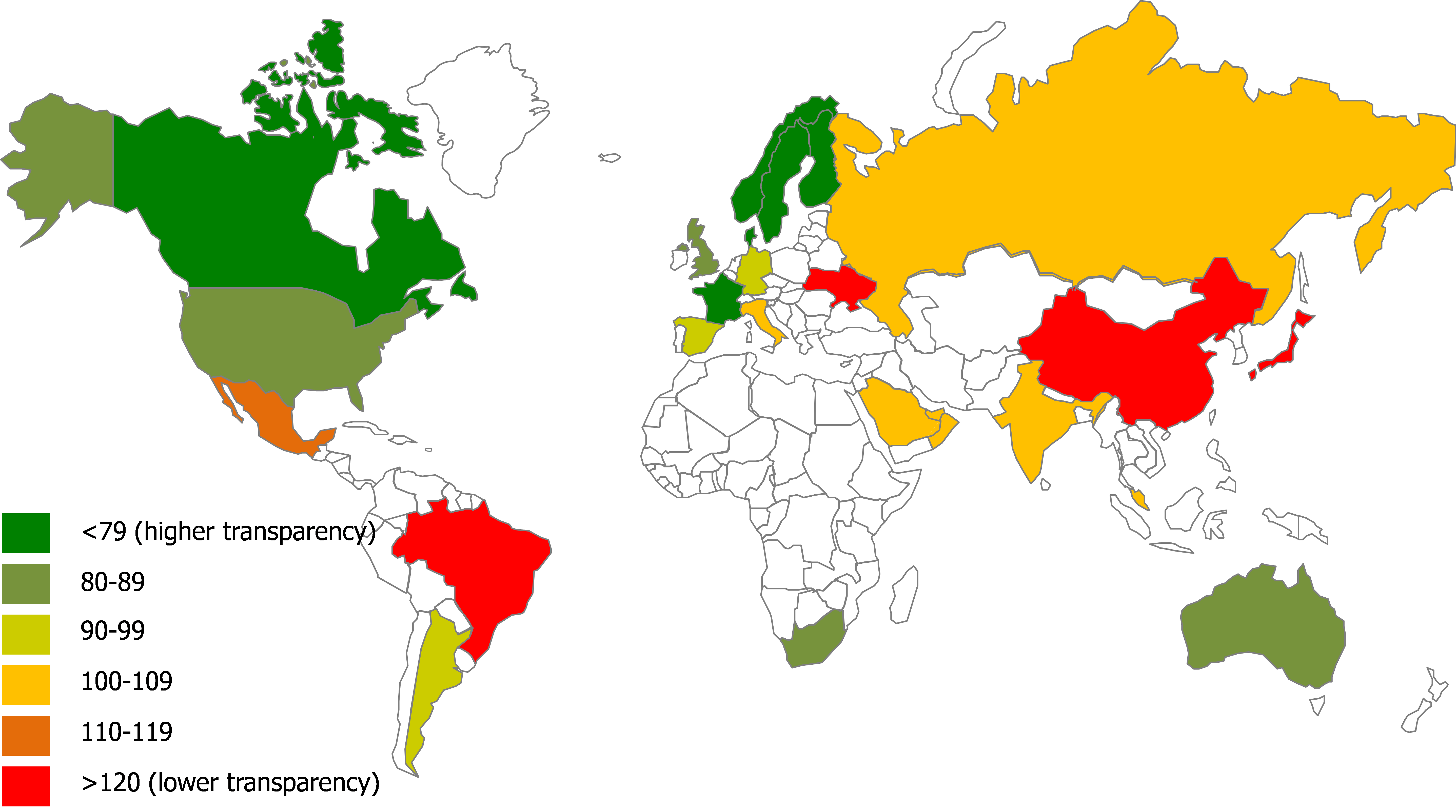In recent years there’s been a sea change in the focus of transparency concerns.
Traditionally, transparency discussions revolve around a lack of trust between client and media agency. However, talking informally with WFA members’ reveals that most have very good, trustful relationships with their agencies.
The reality is that many transparency concerns have now been displaced to agency holding company level, where individual advertiser contracts do not always cover all the rebates and other transactions that occur.
Add to this recipe the burgeoning programmatic sector where there can be any number of protagonists in the supply chain, and where the scope for ‘arbitrage’ can be significant, and you have the perfect storm for reduced advertiser transparency.
To help marketers understand what the issues are and where they are likely to have to focus most attention, the WFA has developed a Transparency Index, to assess the relative transparency of the top 20 media markets around the world. Developed in conjunction with WFA members, Ebiquity and Telemetry, it is designed to help marketers navigate the new landscape of traditional and digital media trading.
Scoring highly for the practice of ‘arbitrage’ among agency trading desks is China. In fact, at 149, China is perceived to be the least transparent of all the 20 countries, and perhaps it shouldn’t come as a surprise that ‘arbitrage’ is an issue, as this is a market where brokering is a part of the fabric of the industry. Literally thousands of intermediaries stand between advertiser investment and consumer eyeballs, making establishing true transparency challenging to say the least.
Rebates or Agency Volume Bonuses (AVBs) are a core point of contention between advertisers and agencies. With an overall score of 139, Japan has the second lowest level of transparency in the index, primarily driven by the rebate market and a perception from WFA members that up to 75% of these are retained by agencies rather than passed back to clients.
Ukraine, ranked third in the index with a score of 123, has a more esoteric rebate market. ‘Unbilled’ or ‘unmatched’ media and media billed after receipt of media vendor invoice are both big issues here. The best way to protect against this is via the contract, but with 21 different types of rebate identified at last count (and growing), contracts can quickly become obsolete.
Interestingly, legislation is a driving force behind one of the most transparent markets as well as one of the least. In Brazil, agency commission is fixed at up to 20% and client entitlement to rebates is limited, a factor behind an index score of 122.
At the other end of the spectrum, indexing at 69, France was found to be the most transparent country, with the Loi Sapin restricting the extent of rebates and discounts, other than those published by vendors.
More mature digital media markets tend to be more transparent, and the UK, US and Germany are all examples of countries at the other end of the spectrum to China and Ukraine. But it’s worth noting that transparency doesn’t always equate with performance, and Telemetry data finds that due to the proliferation of ad networks, viewability for example can be lower in the US than in some rapid growth markets.
There are more red alerts for rebate levels than for any other criteria included in the Transparency Index, but the intensity of these varies by market. In contrast, concerns about visibility into the digital supply chain and advertiser money-flow are very much global issues extending to all 20 countries in the index.
Ultimately the Transparency Index highlights current battles over transparency. Advertisers need to target the digital supply chain and their relationship with media holding companies to stay on top of the issue.
Related reading
Bob Wootton, Transparency at a premium in digital age, http://mediatel.co.uk/newsline/2013/12/10/transparency-at-a-premium-in-digital-age/
Rob Dreblow, World Federation of Advertisers says lack of transparency in programmatic trading remains “main barrier” to brand uptake,
Nick Manning, ‘Publicom’: a license to print digital money,
http://blog.ebiquity.com/2013/09/publicom-a-license-to-print-digital-money
Brian Jacobs, When Keeping It In The Family Can Become Incestuous,
http://www.bjanda.com/blog/when-keeping-it-in-the-family-can-become-incestuous/
Brian Jacobs, It’s Hard to be a Trusted Advisor Without the Trust,
http://www.bjanda.com/blog/its-hard-to-be-a-trusted-advisor-without-the-trust/


